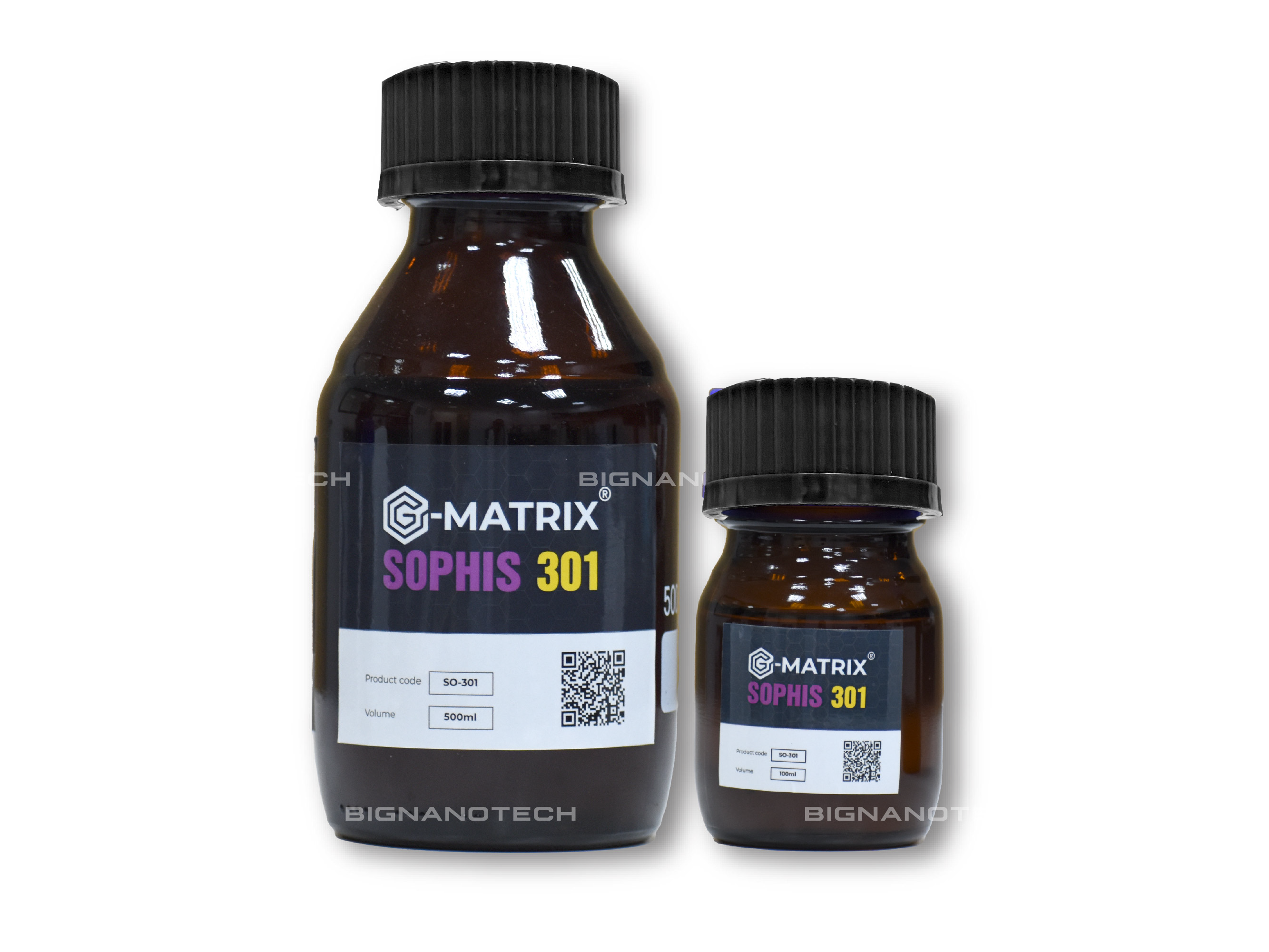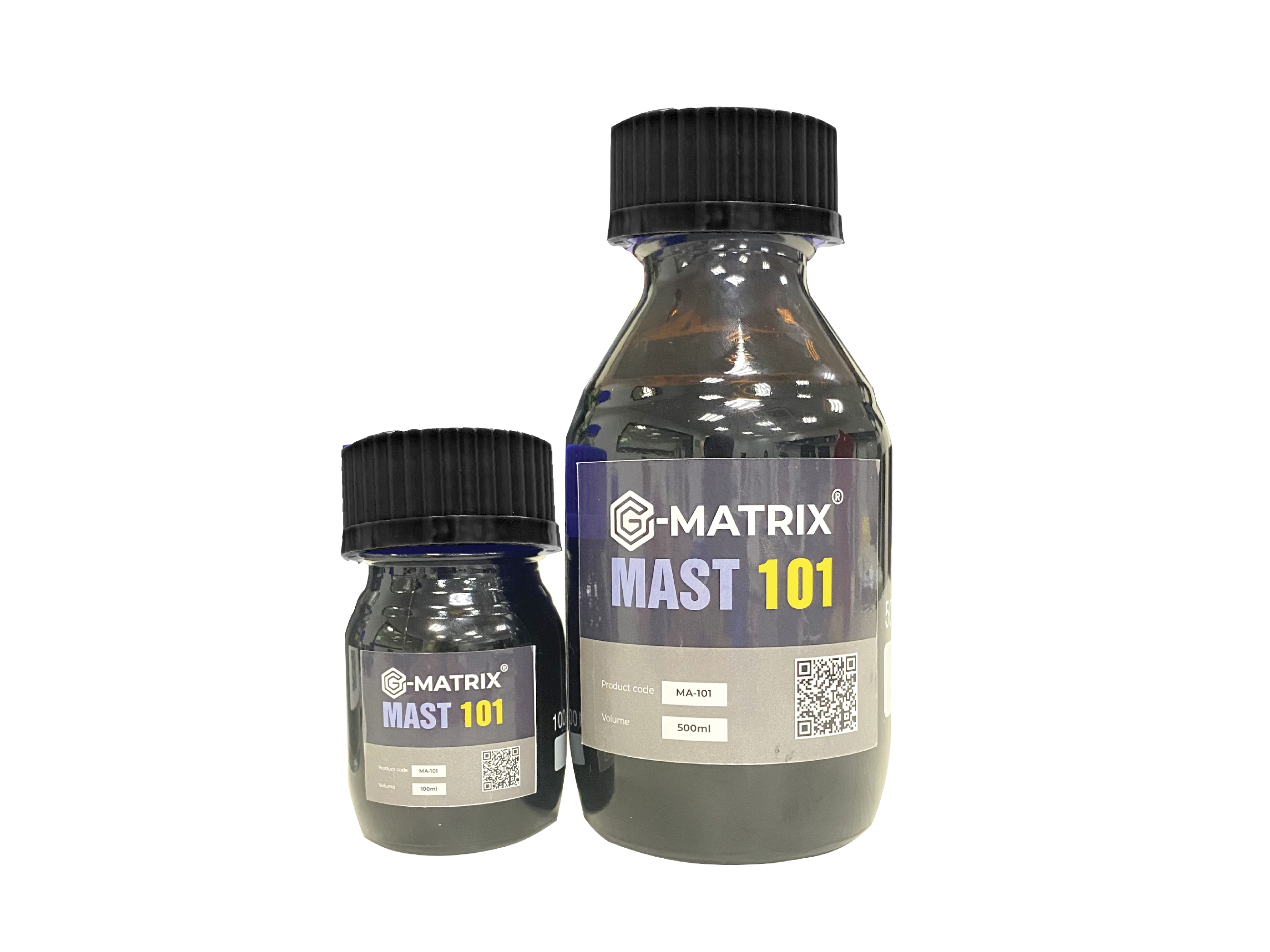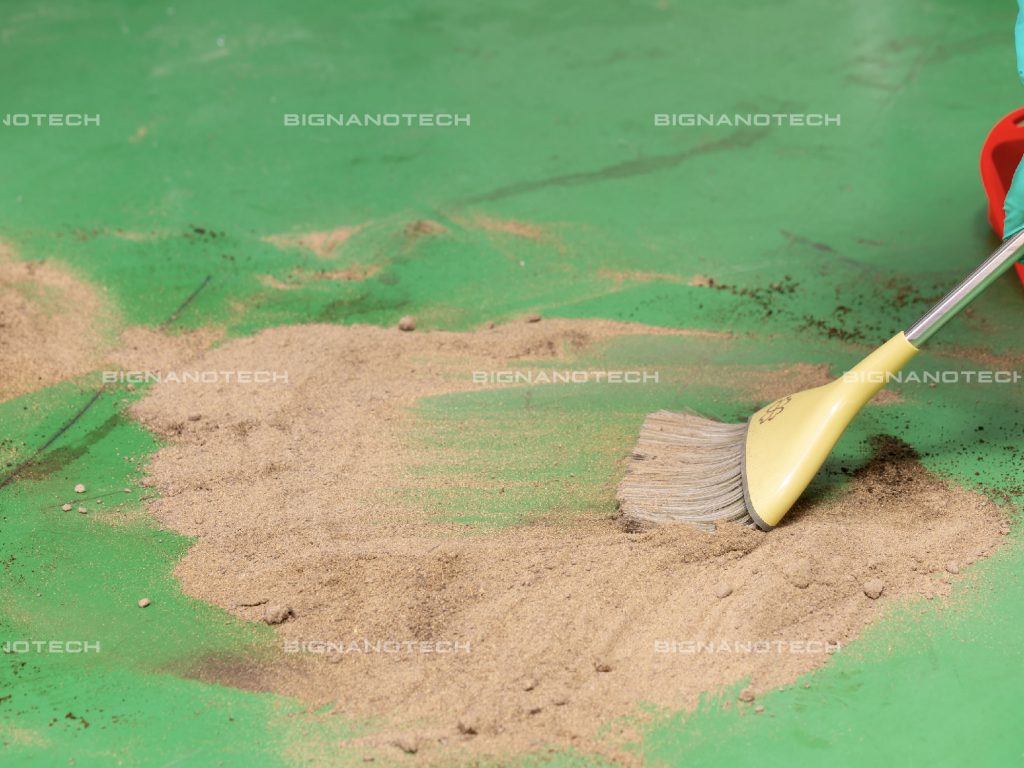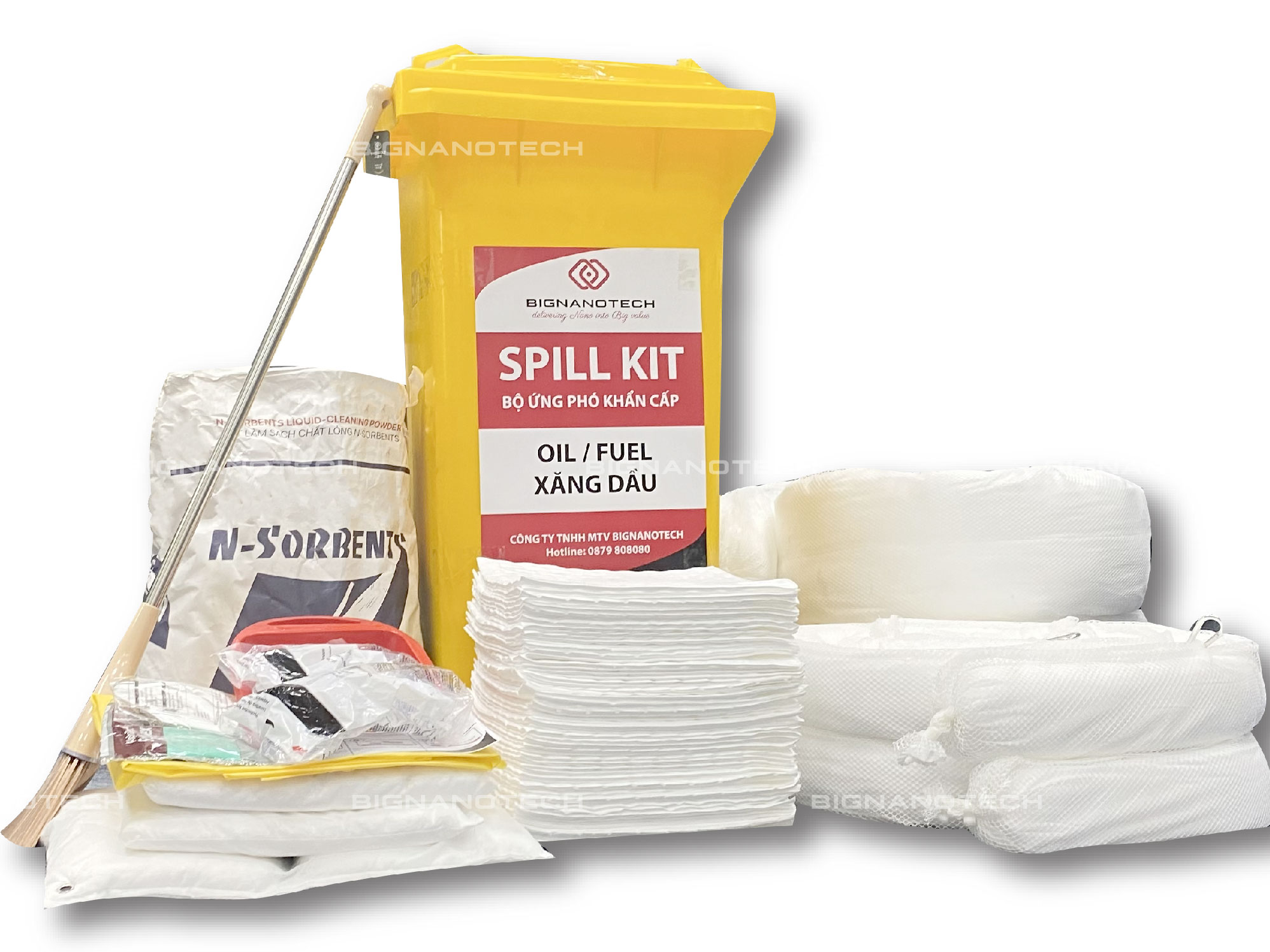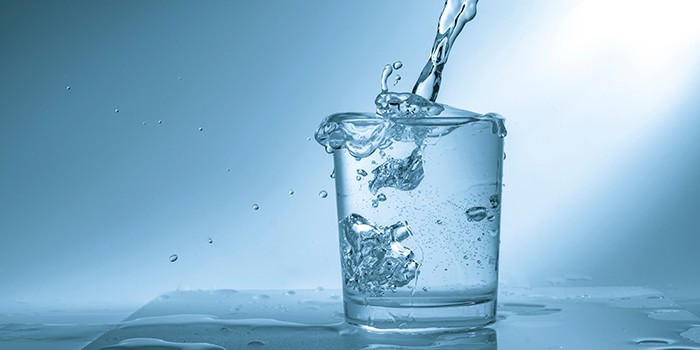
Often referred to as a “miracle material,” graphene is over a million times thinner than a human hair but tougher than steel.
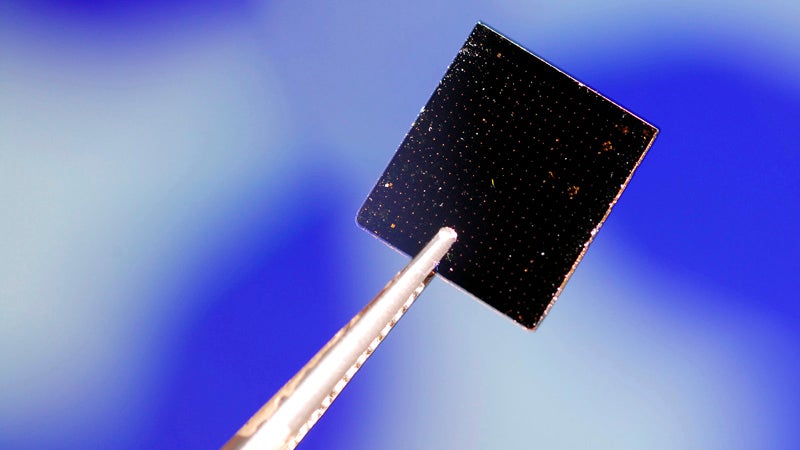
This two-dimensional carbon material is made from single layers of graphite and is extracted from the earth. It is extremely light, electrically conductive, and holds great potential across various industries, from electronics to transportation.
Recently, researchers at Khalifa University in the United Arab Emirates (UAE) have been exploring another application of graphene: producing drinking water.

This two-dimensional carbon material is made from single layers of graphite and is extracted from the earth. It is extremely light, electrically conductive, and holds great potential across various industries, from electronics to transportation.
Recently, researchers at Khalifa University in the United Arab Emirates (UAE) have been exploring another application of graphene: producing drinking water.
Hassan Arafat, Director of the Research & Innovation Center on Graphene and 2D Materials (RIC2D) at Khalifa University, said, “In the UAE, all drinkable water is desalinated, so this is a crucial field for both the economy and society.”

Desalination is the process of removing salt from seawater and purifying it to make it drinkable. It’s not just important in the UAE. More than 300 million people globally rely on desalinated water. As climate change and pollution increasingly threaten our limited freshwater supplies, that number is set to rise.
But desalination is an expensive and energy-intensive process.
Graphene has emerged as a potential new solution. Arafat is studying a graphene-enhanced membrane that could make the desalination process more efficient and affordable.
Desalination Solution
Founded in 2022 with investments from Abu Dhabi, RIC2D is tasked with further research into graphene and its production.
Director Hassan Arafat mentioned that graphene could extend the lifespan of desalination membranes by preventing “fouling,” which occurs when bacteria accumulate on filters and degrade their quality.
Using graphene to improve filter performance can help reduce energy consumption and lower costs for desalination.
He added, “Even in small amounts, these graphene materials significantly enhance the membrane’s performance in water production.”
RIC2D is also exploring other applications of graphene, such as creating sustainable building materials to reduce carbon dioxide emissions and developing renewable hydrogen energy solutions.
Reference: CNN

